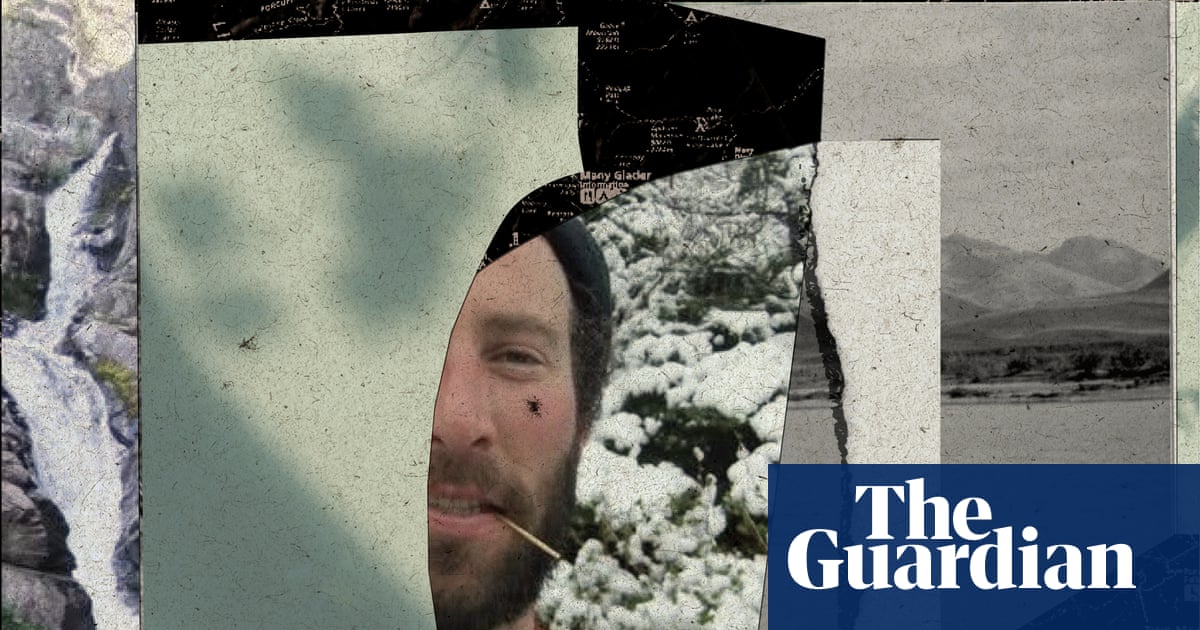
"The night is pitch black, and I cannot see a thing. I stumble out from the trees, hands stretched out like antennas. The sagebrush and rocks snag my feet, and I fall. My stomach drops. My heart skips a beat. My palms are scratched. I am trying to find my campsite, a mile from the Idaho backcountry hot spring where I have just been soaking in."
"By the time I crawled out of the pool, night had fallen, and I could not find my headlamp or my lighter. I thought I could find my way back by going downstream, where the trees loomed dark like a narrow alley. Now I have to admit to myself that I am lost, no one knows am here, and I am freezing. I can't relax."
"For a year, I had prepared to join the Peace Corps in Morocco giving up my job, car and rental house, and packing my life for the next two years. But days before orientation, I got a call: my application was under review, then revoked. Suddenly, I was left to piece my life back together. I did what I do best: head for the wilderness."
A person soaks in an Idaho backcountry hot spring, then loses their headlamp and lighter and cannot find the campsite in pitch-black night. The person stumbles through sagebrush, scratches palms, and realizes they are a mile from camp, cold and alone. The loss followed emotional upheaval after a Peace Corps application was revoked, prompting a wilderness escape. The person has decades of backcountry experience, including trail crews, fire lookout duty, wildlife studies, remote ranger station work, and extended Alaska travel, yet still becomes disoriented. The immediate critical step is to stop moving, breathe, and calmly assess immediate threats and options.
Read at www.theguardian.com
Unable to calculate read time
Collection
[
|
...
]